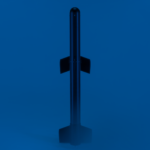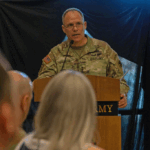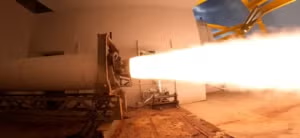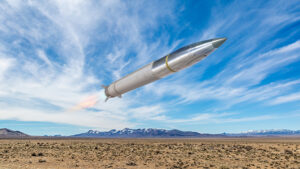ATK [ATK] said yesterday it developed an expanded crew and cargo capability called the Liberty Logistics Module (LLM) for its Liberty commercial spacecraft. The LLM will include a common berthing mechanism and will be capable of transporting up to 5,100 pounds of pressurized cargo. With that capability, the LLM could be used to transport four full-sized science racks to the International Space Station (ISS), along with a team of scientists to perform the associated science, the company said in a…
Contract Updates
Freeman Holdings of Hawaii LLC doing business as Million Air Honolulu (Kapolei, Hawaii (SPE607-26-D-0006) – $86,689,562);
Freeman Holdings of Hawaii LLC, doing business as Million Air Honolulu, Kapolei, Hawaii (SPE607-26-D-0006, $86,689,562); McClellan Jet Services, McClellan Park, California (SPE607-26-D-0011, $80,381,818); Avfuel Corp., Ann Arbor, Michigan (SPE607-26-D-0019, $36,817,846); San Bernardino International Airport Authority, San Bernardino, California (SPE607-26-D-0009, $31,367,062);…
US Foods Raleigh (Zebulon, North Carolina) – $198,260,924
US Foods Raleigh, Zebulon, North Carolina, has been awarded a maximum $198,260,924 firm-fixed-price with economic-price-adjustment, indefinite-delivery/indefinite-quantity contract for full-line food and beverage items. This was a sole-source acquisition using justification 10 U.S. Code 3204 (a)(1), as stated in Federal Acquisition…
ControlPoint Surveying Inc Honolulu Hawaii (W9128A-26-D-A007); KAI JV San Diego California (W9128A-26-D-A008); and Sam O. Hirota Inc (Honolulu, Hawaii (W9128A-26-D-A009) – $9,900,000
ControlPoint Surveying Inc,* Honolulu, Hawaii (W9128A-26-D-A007); KAI JV,* San Diego, California (W9128A-26-D-A008); and Sam O. Hirota Inc,* Honolulu, Hawaii (W9128A-26-D-A009), will compete for each order of the $9,900,000 firm-fixed-price contract for architect-engineer services for geotechnical engineering, engineering geology, topographic survey,…
Carbon Asset Developer Associates LLC (Alamo, Texas) – $19,864,240
Carbon Asset Developer Associates LLC,* Alamo, Texas, has been awarded an estimated $19,864,240 fixed-price with economic-price-adjustment, requirements contract for various types of fuel. This was a competitive acquisition with thirty-five responses received. This is a two-year eight-month contract with no…













